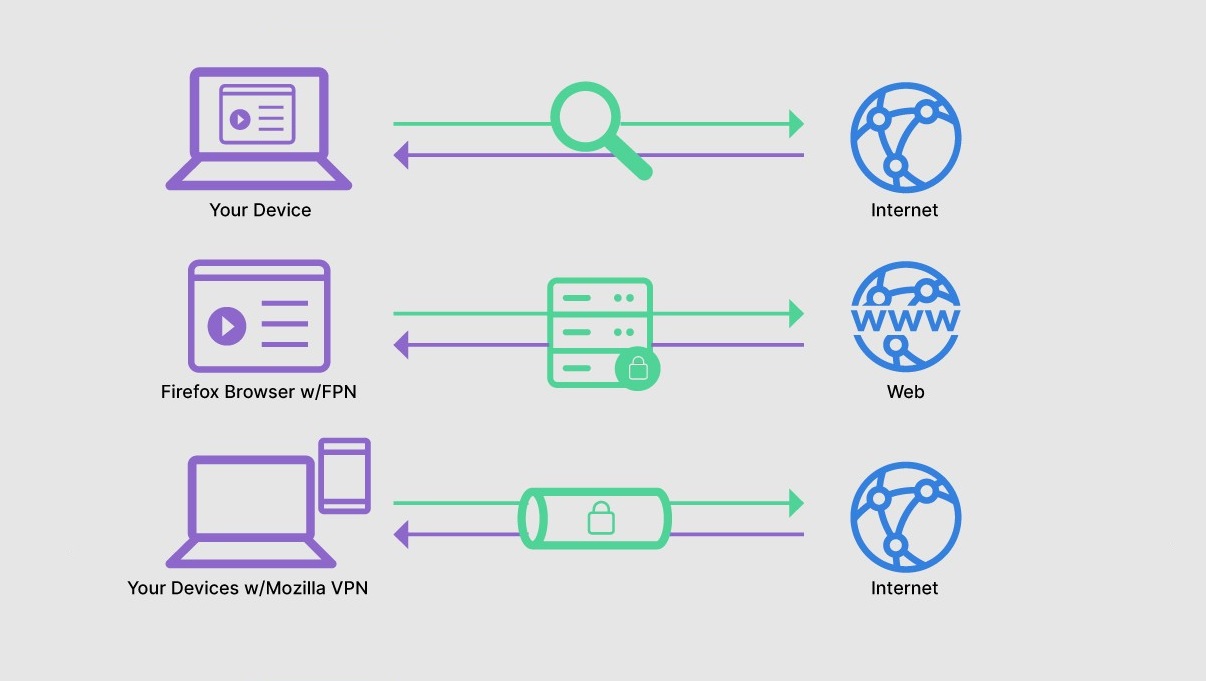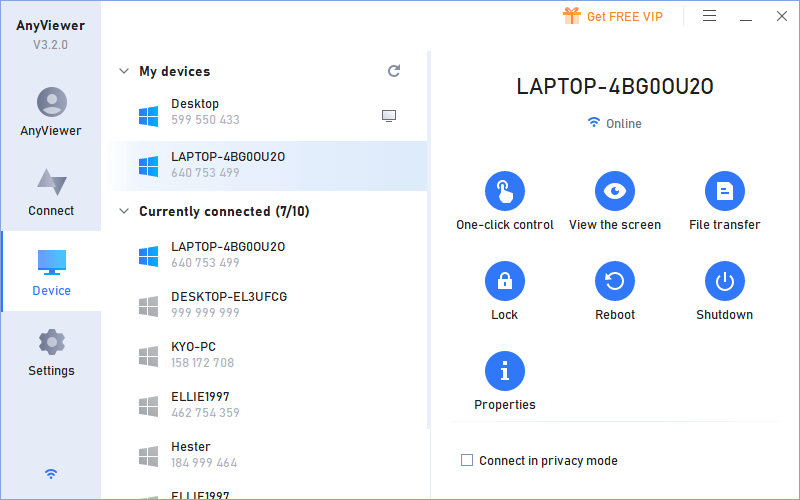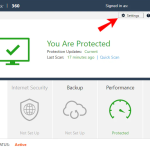How to Ensure Your Anonymity on the Internet: Proxy or VPN?
In an era where online privacy is increasingly under threat, maintaining anonymity on the Internet has become a priority for many users. Two popular tools for achieving this are proxies and Virtual Private Networks (VPNs). Each has its strengths and weaknesses, and understanding these can help you choose the best option for your needs.

Understanding Proxies and VPNs
What is a Proxy?
A proxy server acts as an intermediary between your device and the internet. When you use a proxy, your internet traffic is routed through this server, which changes your IP address before reaching the final destination. This can help obscure your true location and identity online.
Advantages of Using a Proxy:
- Simple setup and often free options available.
- Good for accessing region-restricted content, such as using a YouTube proxy.
- Can be used for specific applications or websites.
Disadvantages of Using a Proxy:
- Generally less secure than VPNs.
- Limited encryption capabilities.
- Can slow down your internet connection.
What is a VPN?
A VPN, on the other hand, creates a secure, encrypted tunnel between your device and the internet. This ensures that all data transmitted between your device and the VPN server is encrypted, providing a higher level of security and privacy.
Advantages of Using a VPN:
- Strong encryption protects your data from hackers and surveillance.
- Masks your IP address, providing anonymity.
- Bypasses geo-restrictions and censorship effectively.
Disadvantages of Using a VPN:
- Can be more expensive than proxies.
- May slow down your internet connection due to encryption overhead.
- Some services may block known VPN IP addresses.
Proxy vs. VPN: Key Differences
To better understand the differences between proxies and VPNs, let’s compare them across several key aspects in the following tables.
Security and Privacy
| Aspect | Proxy | VPN |
| Encryption | Typically none or very basic | Strong encryption (AES-256) |
| IP Masking | Yes | Yes |
| Data Protection | Low | High |
| Anonymity | Moderate | High |
Performance and Usability
| Aspect | Proxy | VPN |
| Speed | Generally faster | Potentially slower |
| Setup Complexity | Simple | Moderate |
| Cost | Often free or low-cost | Usually requires a subscription |
| Application | Specific apps/websites | Entire internet connection |
Choosing the Right Tool for Your Needs
When to Use a Proxy
Proxies are suitable for users who need quick and easy access to restricted content or want to mask their IP address for specific activities. Here are some scenarios where a proxy might be beneficial:
- Accessing Region-Restricted Content: If you want to watch a video that is only available in a different country, a YouTube proxy can help you bypass these restrictions.
- Browsing Anonymously: If you occasionally need to browse the internet anonymously, a proxy can provide a simple solution without the need for complex setups.
- Bypassing Workplace Restrictions: If your workplace restricts access to certain websites, a proxy can help you circumvent these restrictions.
When to Use a VPN
VPNs are ideal for users who prioritize security and privacy, especially when dealing with sensitive information. Scenarios where a VPN is more appropriate include:
- Secure Internet Use: If you frequently use public Wi-Fi networks, a VPN is essential to protect your data from potential hackers.
- Complete Anonymity: If you need to ensure that all your internet traffic is anonymous and cannot be tracked, a VPN provides comprehensive protection.
- Accessing Censored Content: In countries with strict internet censorship, a VPN can help you access blocked websites and services.
Balancing Speed and Security
Impact on Internet Speed
Both proxies and VPNs can affect your internet speed, but in different ways. Proxies typically offer faster speeds since they do not encrypt your data. However, they might become slower if the proxy server is overloaded. VPNs, while providing stronger security, can slow down your connection due to the encryption process.
Speed Comparison
| Tool | Potential Speed Impact |
| Proxy | Minimal to moderate |
| VPN | Moderate to significant |
Setting Up a Proxy or VPN
Setting Up a Proxy
- Choose a Proxy Service: Select a reliable proxy service provider.
- Configure Browser Settings: Enter the proxy server details in your browser’s network settings.
- Test the Connection: Ensure that the proxy is working by checking your IP address online.
Setting Up a VPN
- Choose a VPN Provider: Select a reputable VPN service.
- Download and Install the VPN App: Install the VPN application on your device.
- Connect to a VPN Server: Open the app, choose a server location, and connect.
- Verify the Connection: Check your IP address to confirm you are connected to the VPN.
Additional Considerations
Privacy Policies
When choosing between a proxy and a VPN, consider the privacy policies of the service providers. Some free proxies and VPNs may log your data and sell it to third parties. Opt for providers with a strict no-logs policy to ensure your data remains private.
Compatibility
Ensure that the proxy or VPN service is compatible with your devices and operating systems. Most reputable VPNs offer apps for various platforms, including Windows, macOS, iOS, and Android.
Conclusion
Both proxies and VPNs offer ways to enhance your anonymity on the internet, but they cater to different needs. Proxies are suitable for quick, specific tasks like bypassing content restrictions, while VPNs provide comprehensive security and privacy for all your internet activities. By understanding their strengths and weaknesses, you can make an informed decision on which tool best suits your needs.
FAQ
Can I use a proxy and VPN together?
Yes, you can use both together for an added layer of security, but it may significantly slow down your connection.
Are free VPNs safe to use?
Free VPNs often come with limitations and may compromise your privacy by logging and selling your data. It’s generally safer to use a reputable paid VPN service.
Will a proxy or VPN affect my internet speed?
Both can impact your speed. Proxies are generally faster due to the lack of encryption, while VPNs may slow down your connection due to the encryption process.


